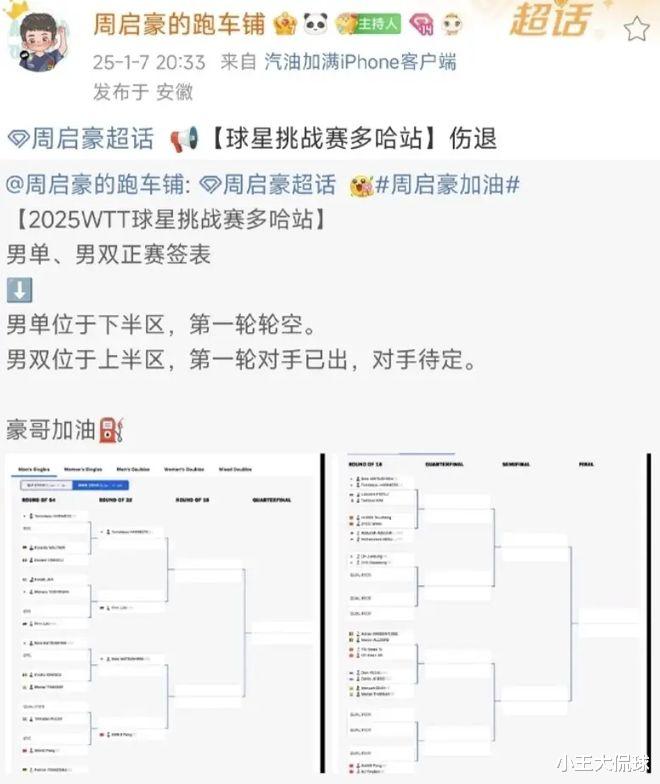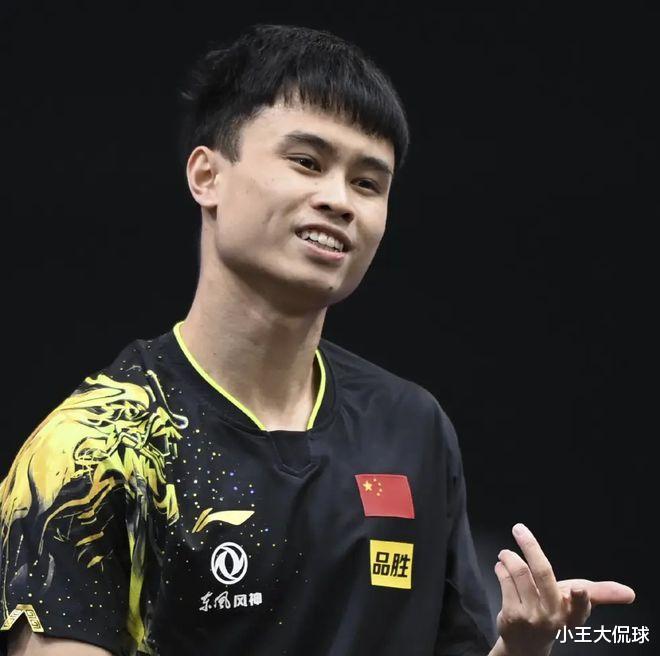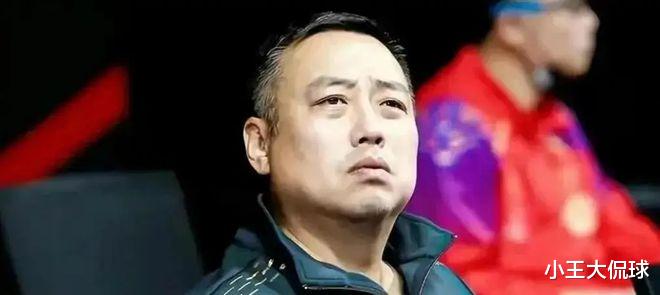The Doha Star Challenge was supposed to be a stage filled with stars and fierce competition. However, an unexpected change has cast a shadow over the Chinese National Table Tennis Men's Team. The already incomplete men's team has been further weakened by Zhou Qihao's withdrawal due to injury, reducing the number of players from three to two, presenting an unprecedented challenge for the team's lineup.

The national table tennis team embarked on this journey with the intention of training newcomers and sharpening their youthful swords. Unfortunately, the harsh reality often exceeds expectations, and the significant reduction in personnel has made this expectation seem luxurious. These young players, who are just starting out, face such a severe test. Can they carry the flag and live up to everyone's hopes? This is not only a trial of their skills but also a severe test of their psychological qualities.

Looking at the women's team, five major players have set out together, with a complete lineup and high morale, forming a stark contrast with the men's team's plight. On one side, there is a strong army, and on the other, a lone fight. Such a scene can't help but make people feel cold. The two brave men of the men's team are about to embark on a difficult journey of "one person guarding a city." Every step forward will be a direct dialogue with the top foreign association players, which can be seen as a prelude to the Olympics. Zhou Qihao's withdrawal has also sparked another controversy - the discussion on point deductions and fines. In the world of sports competition, injuries are an inevitable part, but how to deal with this sensitive topic tests the wisdom and fairness of the management. There have been precedents before, with famous players like Fan Zhendong and Chen Meng also facing similar penalties. This time, the old story is brought up again, undoubtedly pushing the system of point deductions and fines to the forefront of public opinion.

As the leader of the WTT Council, Liu Guoliang is undoubtedly standing under the spotlight at this moment. Every decision he makes touches the nerves of countless people. Should he adhere to the rules and maintain the rigidity of the system, or should he adapt to the situation and show humanistic care? This is not only a test of Liu Guoliang's personal leadership but also a review of the entire ITTF management system. This incident, like a mirror, reflects the public's attention and thinking on the sports event management system. People begin to question whether the current rules are too strict, lacking the necessary flexibility and humanistic care? While pursuing fairness and justice, how to better protect the rights of athletes has become an urgent problem to solve.

Growing in adversity and being tempered in challenges has always been the way to become a hero. For the young men of the national table tennis men's team, this trip to Doha may be the beginning of their transformation. As the saying goes, "True gold fears no fire." Only by being unyielding in the face of difficulties can one show the true character of a man. Every crisis is a test of the team's cohesion and an opportunity for change. Although the challenge in Doha is arduous, it is also an opportunity for reflection and progress for the Chinese national table tennis team. It is believed that after this baptism, both the team's management and the individual abilities of the players will reach a new level. After all, history always favors those who keep striving in adversity.
Disclaimer: The processes and pictures described in the article are all sourced from the Internet. This article aims to promote positive social energy without vulgar or inappropriate guidance. If there are any copyright or personal infringement issues, please contact us in time, and we will delete the content immediately! If there are any questionable parts of the event, we will delete or make changes immediately after contacting us.